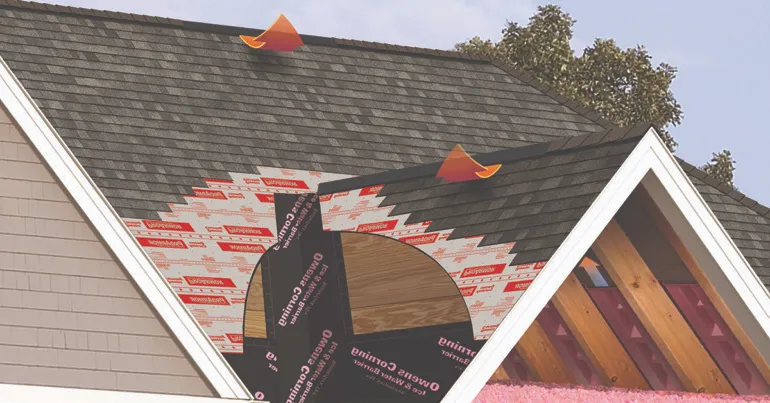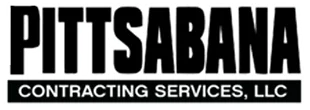A roof helps keep bad weather at bay and protects the attic space, which allows for adequate ventilation while insulating your home from the cold in the winter and excessive warmth in the summer. Every homeowner understands how crucial a roof and its supporting components are to the structural integrity and overall beauty of their home.
A strong roof is more than just shingles. Learn more about the underlayment, a crucial roof layer that aids in keeping your roof dry and weatherproof.
What is Underlayment for Roofing?
Before any other roofing materials are laid, roofing underlayment is a waterproof or water-resistant substance that is placed directly on a roof deck. It serves as a barrier to keep leaks and the impacts of bad weather out of your house and off the roof deck.
What Are the Types of Roofing Underlayment?
Underlayment’s for roofs typically come in three primary categories:
- Feel was drenched with tar
- Synthetic underlayment, also referred to as non-bitumen underlayment.
- Rubberized underlayment for asphalt
Both synthetic underlayment and felt saturated with asphalt are water-resistant. Underlayment made of rubberized asphalt is watertight.
Why Do You Need Roofing Underlayment?
Your shingles are unquestionably your first line of defense in the never-ending war that homeowners and contractors fight against the elements. Shingles are able to deflect sunlight, stop precipitation, and withstand strong winds.
But roofing underlayment gives an additional layer of defense that:
Protects your roof in case your shingles come off as a result of strong winds, helps shield your roof deck from ice dam damage during cold weather spells. protects your roof from harsh weather while it is being installed, before the shingle attachment.
Your home’s roofing system must include a roof covering and roofing underlayment in order to comply with local building requirements. Additionally, an underlayment is a need for the warranty from shingle makers.
How to Select the Best Roofing Underlayment for Your Roof
Finding the roofing underlayment that works best with your roof type is the most crucial step in choosing the proper one for your house.
In contrast to a standard asphalt shingle roof, which will likely perform best with a roofing felt underlayment, metal roofs, which can trap more heat, will benefit from a synthetic underlayment with a stronger heat resistance.
Additionally, it’s crucial to take into account your local surroundings and climate. If you reside in a hotter region, you should pick an underlayment that can withstand the heat; nevertheless, if you reside in a climate with frequent snowfall, you should pick an underlayment that is heavy-duty.
Last but not least, while selecting your underlayment, you should take price into account. Various roofing underlayment’s are suitable for various budgets. Prior to seeing what underlayment options are accessible to you, decide on your budget.
Look to your trusted builder for advice, support and a quote to professionally and responsibly solve your problem. If you’re in the market for new roofing in McMurray PA, turn to Pittsabana Contracting Services LLC. This local roofing company employs team members who are certified by CertainTeed and committed to delivering premium service on every job, from repairing storm-damaged commercial buildings to fully replacing residential roofs. Call (412) 580-6567 to speak with a friendly staff member to schedule service or visit the website to learn more about how they’ll help you.



